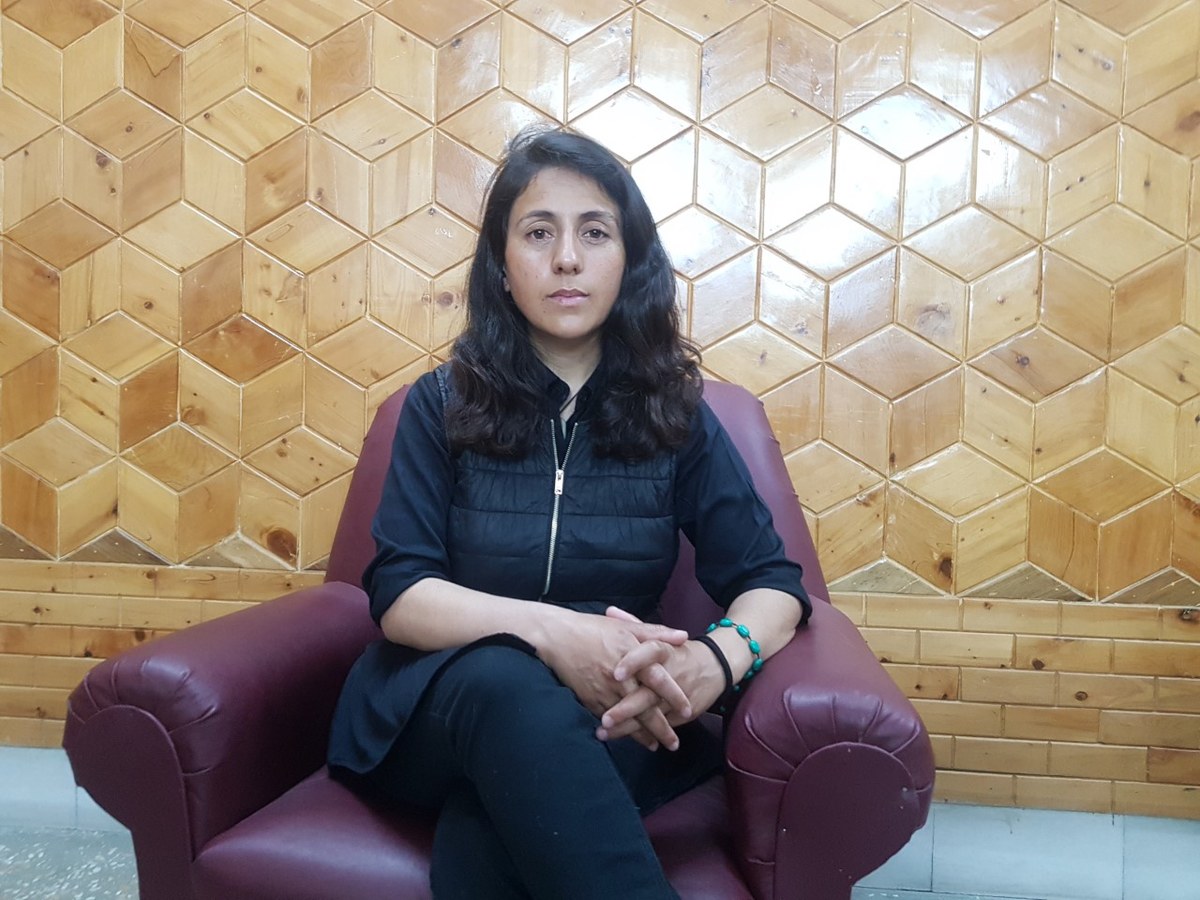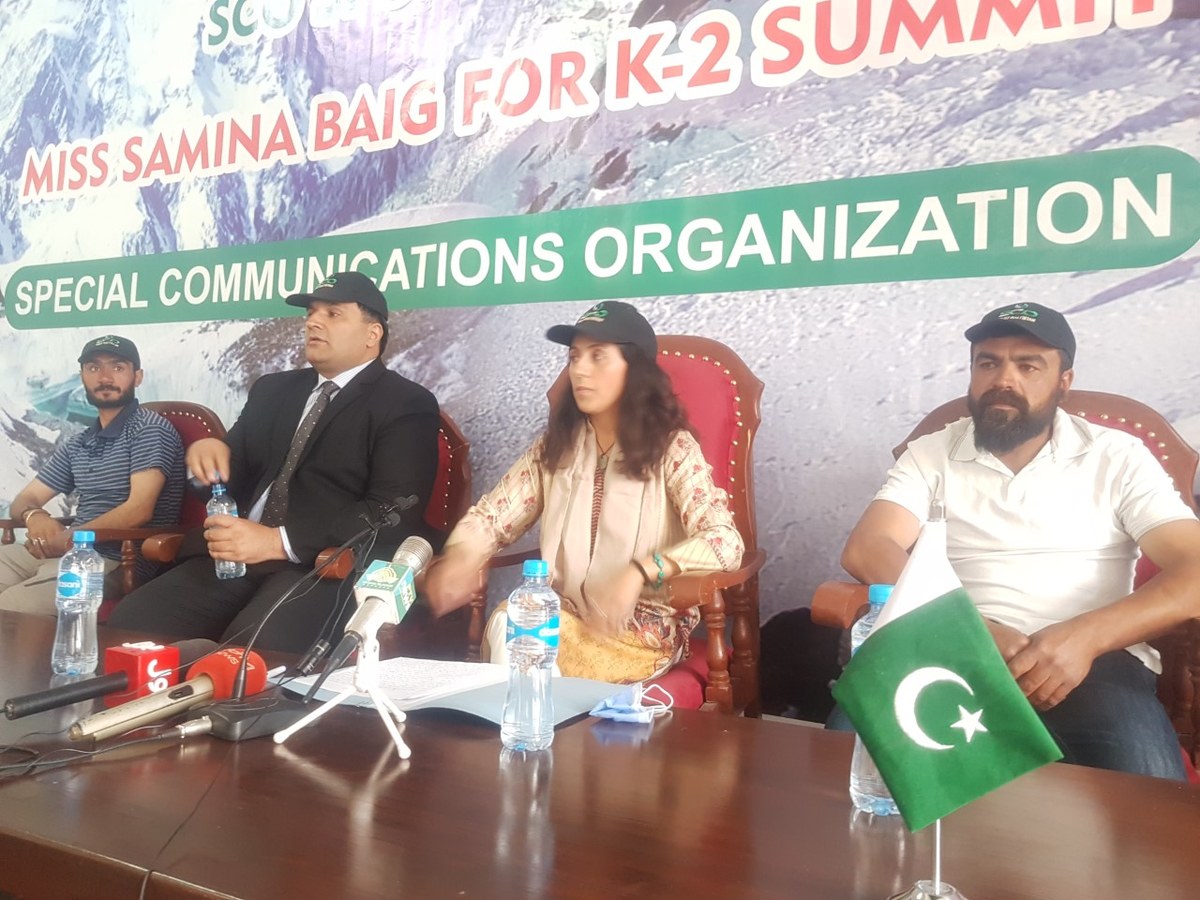SKARDU: Renowned Pakistani mountaineer Samina Baig, the first Pakistani woman and the first and youngest Muslim woman to climb Mount Everest and the seven highest peaks in seven continents, now has a new dream: becoming the first Pakistani and the first Muslim woman to complete an ascent of K2, the world’s second tallest mountain.
Famously called the Savage Mountain, K2 straddles the Pakistan-China border and is widely considered the world’s toughest and most dangerous climb.
This January, a team of climbers from Nepal made history by becoming the first mountaineers to successfully complete a winter attempt on the summit of K2. But the euphoria of the year’s climbing season quickly turned to despair when Muhammad Ali Sadpara, Pakistan’s most famous climber, John Snorri of Iceland, and Juan Pablo Mohr of Chile, disappeared on the mountain on February 5, just 300 meters short of the summit. They were declared dead by the government on February 18 though their remains have not been found yet.

Samina Baig poses for a photograph at a hotel in Skardu, Gilgit-Baltistan, Pakistan, on June 15, 2021. (AN Photo by Nisar Ali)
“K2 is definitely one of the toughest mountains in the world,” Baig told Arab News in an exclusive interview this week, ahead of leaving for the K2 climb on Friday. “Many people have lost their lives on its slopes. Most recently, we lost our colleague [Muhammad] Ali [Sadpara] Bhai. But this is all part of life. It is part of the game.”
Born in Pakistan’s picturesque Gilgit-Baltistan (GB) region, a mountainous territory stretching across northern Pakistan, Baig was awarded the government’s Pride of Performance award following her successful expedition of Everest in 2013. She also served as an adviser on tourism, sports and culture for GB’s chief minister last year.
“I decided to join this profession since there was no representation of Pakistani women in this sport and I wanted to encourage them to try mountaineering,” Baig said. “At max, women go to the mountains for trekking.”

Samina Baig briefs journalists about her upcoming K2 expedition at the Skardu press club, Gilgit-Baltistan, Pakistan, on June 16, 2021. (AN Photo by Nisar Ali)
“If women can work in offices and participate in different sporting activities, they can also climb mountains,” she said. “After summiting Mount Everest, I also hoisted Pakistan’s flag on seven summits in seven continents. Some of these mountains have never been scaled by any Pakistani climber.”
“As a Pakistani, it is a matter of honor for me that I represent my country wherever I go,” Baig said, adding: “Being a woman, my message to people is to encourage and support their daughters and let them choose their own profession. Let them make their own mark and build the image of their own country.”
Asked if she had safety concerns given the recent accidents on K2, the climber said mountaineers always prepared themselves for the worst.
“Safety of all climbers is our top priority, but when the mountain accepts us, we manage to scale it; when it does not, we cannot,” Baig said, echoing a widespread myth among local climbers that reflects a deep reverence for nature’s mightiest peaks.
Asked about Sadpara, Baig described him as “the most amazing, technical and strong climber” in the country’s history.
“However, anything can happen on a mountain,” she said. “A mountaineer can either face harsh weather or experience physical exhaustion. I cannot say what happened to him and the rest of his team, but it was extremely tragic.”


















